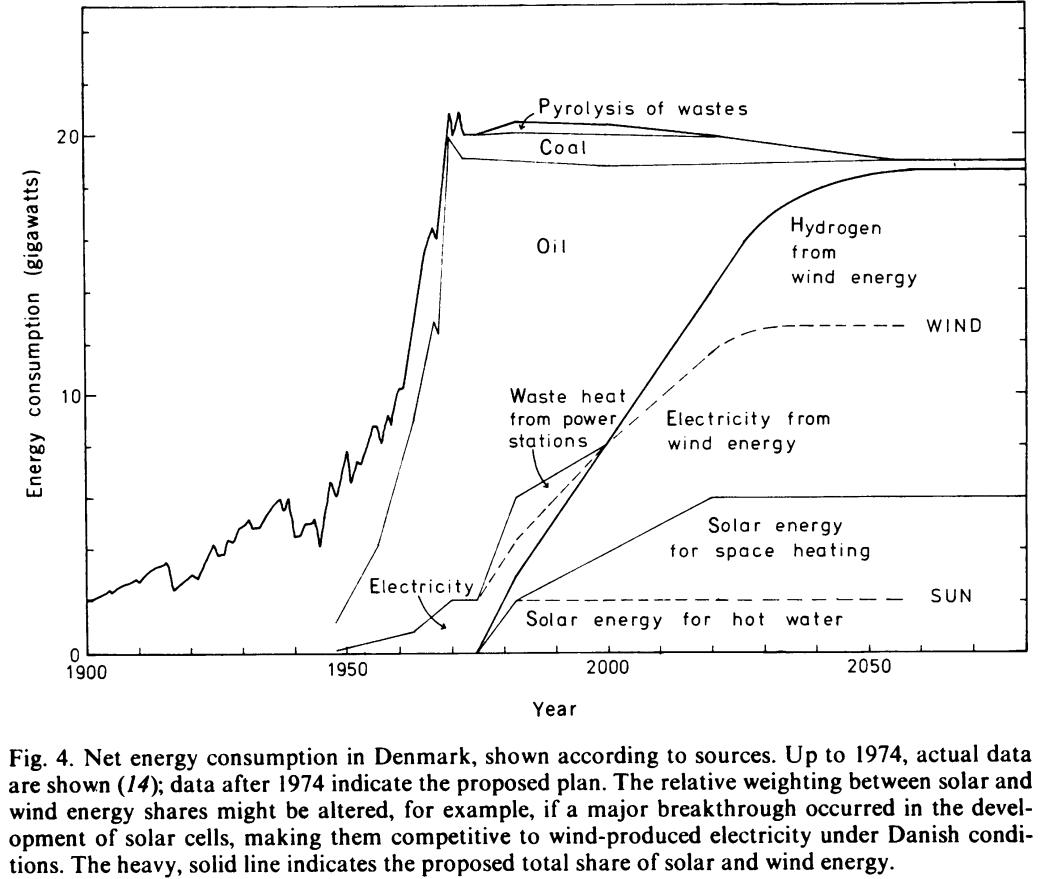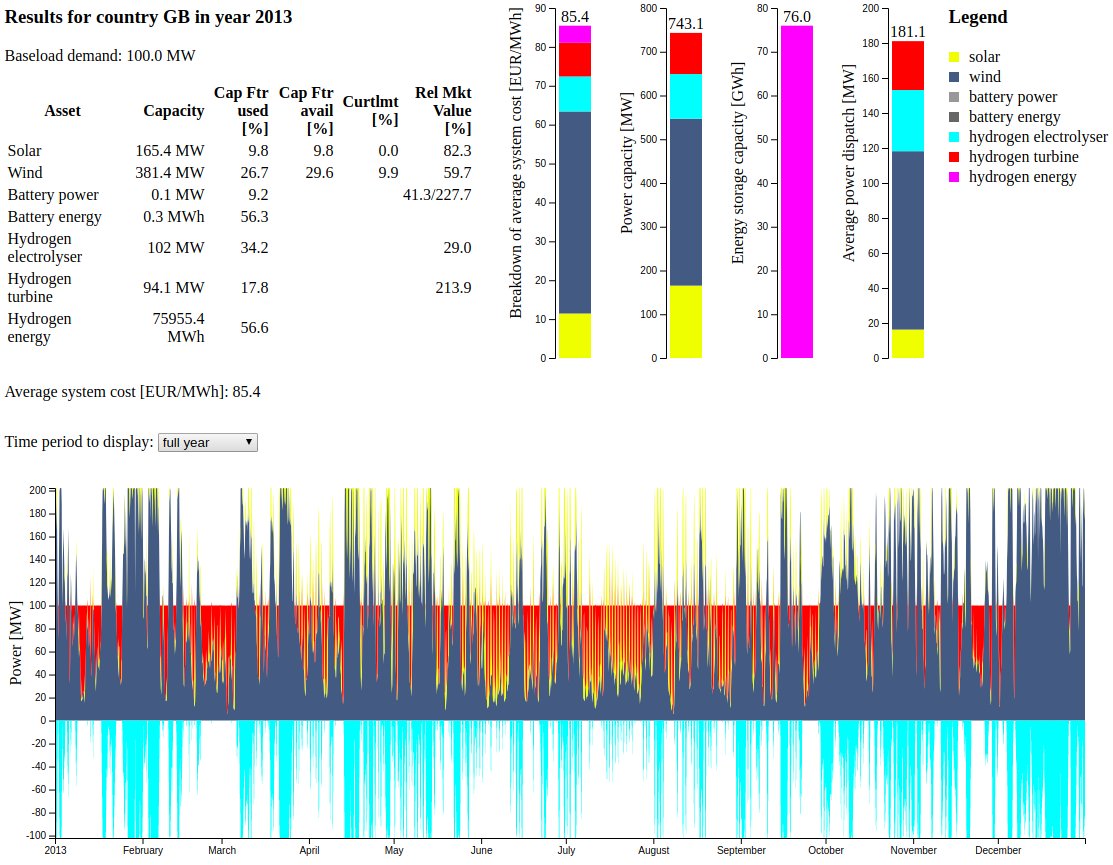My money is on Bent Sørensen, who wrote these two ground-breaking papers in the 1970s:
doi.org/10.1126/scienc… (1975)
doi.org/10.1016/0038-0… (1978)
He deserves more credit.
Thread.

Hydro and geothermal are limited, so it focuses instead on wind and solar.
His 1975 plan to use "continuous" (i.e. versus finite fossil) energy sources tackles the four major sectors:
*industry*: more material recycling and hydrogen for process heat
elsevier.com/books/renewabl…
It hasn't happened as quickly as he hoped. As he notes at the end:
"the initial cost per energy unit produced is higher than for most of the alternatives, so that action is not expected to be taken immediately as a result of purely private initiative"
Denmark has indeed seen a big build-out of wind energy, building insulation, with CHP as a stop-gap solution to improve energy efficiency. Solar thermal with seasonal water tank storage is deployed in some district heating networks.
What are we waiting for?
[end of main thread]
He considers energy savings from shopping by "selecting merchandise from computerized video displays" - hooray for the future!
In 1973 Denmark was 94% reliant on imported oil for energy, so the oil crisis was a big one, along with finite fossil fuels, poor fossil resources within Denmark (this was before the North Sea gas fields were exploited) and "climate disruptions"
"The limitations of alternative energy sources"
doi.org/10.1016/0361-3…
"Fluctuations between years might alter these values [average wind/solar feed-in] by as much as a factor of 2"


















